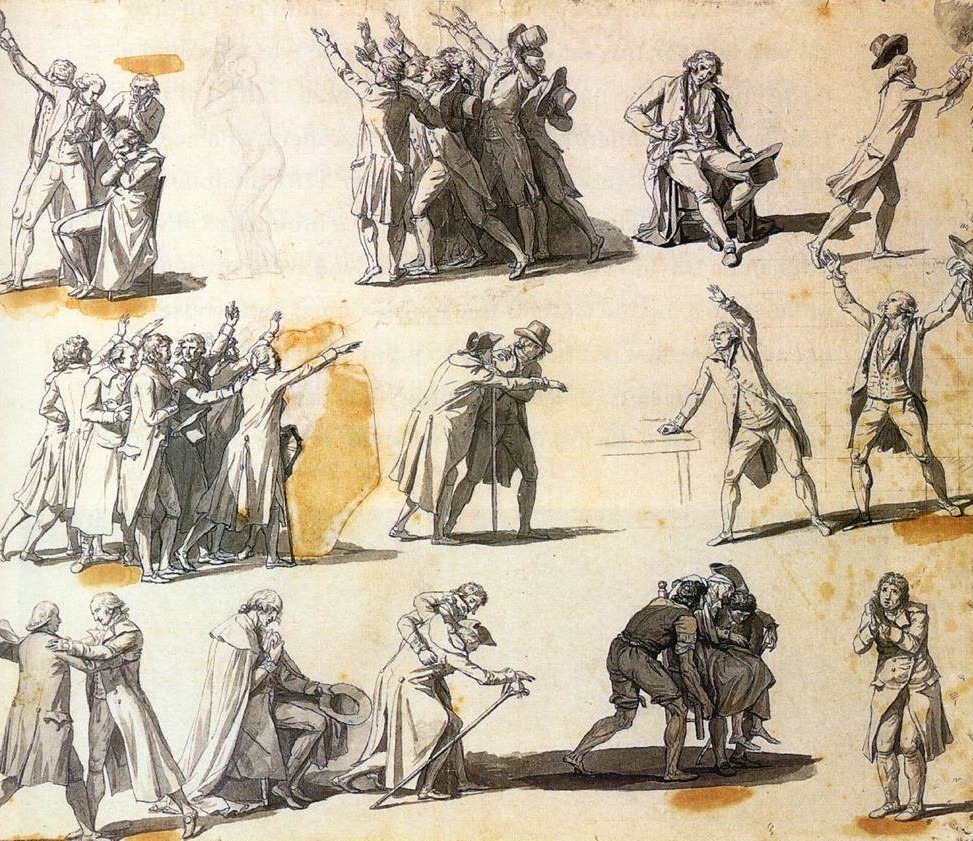In late May and early June 1793, the Parisian sections and the Paris Commune purged the National Convention, the sitting government of France, of its “treacherous” elements in an insurrectionary intervention. Those members deemed a threat to the Revolution and proscribed were all individuals associated with Jacques-Pierre Brissot, the symbolic head of the Girondins. With these members removed from the Convention, the Montagnards, the opposing faction, reigned triumphantly. The Girondins and Montagnards were once part of the same revolutionary group under the Jacobin Club, a political society in Paris. But through successive phases of the Revolution, the Jacobin Club divided. During the National Convention, the Girondins, named after the area of France known as the Gironde, were members that had broken off from the Jacobin Club and joined with Jacques-Pierre Brissot. The Montagnards, named for the high “mountainous” position they sat in within the Convention, were those who had stayed as loyal members of the Jacobin Club during the schism. With the support of the unaligned deputies, known as the Plain, the Montagnards consolidated their power in Paris and set about enshrining their ideological vision within this new era of the French Revolution. To be sure, the Montagnards were not united in their revolutionary plans, as the infighting and eventual collapse of the group made apparent during the Terror (1794). Any sort of Montagnard consensus quickly faded after their ascension in the summer of 1793; one prominent member after another fell under the weight of counterrevolutionary denunciations, aroused by conspiracy theories in the political press, conceptualized by journalist-legislators.
In this thesis, I will argue that the political publications of both Girondin and Montagnard journalist-legislators perpetuated conspiratorial rumors that helped to sanction the extra-legal actions of the popular movement in the capital. Previous works have looked at members of the Jacobins as journalists, or as legislators, but rarely view those roles as inseparable, despite that role forming a crucial part of the public identity and credibility of men like Jacques-Pierre Brissot, Jean-Baptiste Louvet, and Jean-Paul Marat. What is a journalist-legislator? What political power and responsibilities did this role entail?
Read the full excerpt here.
